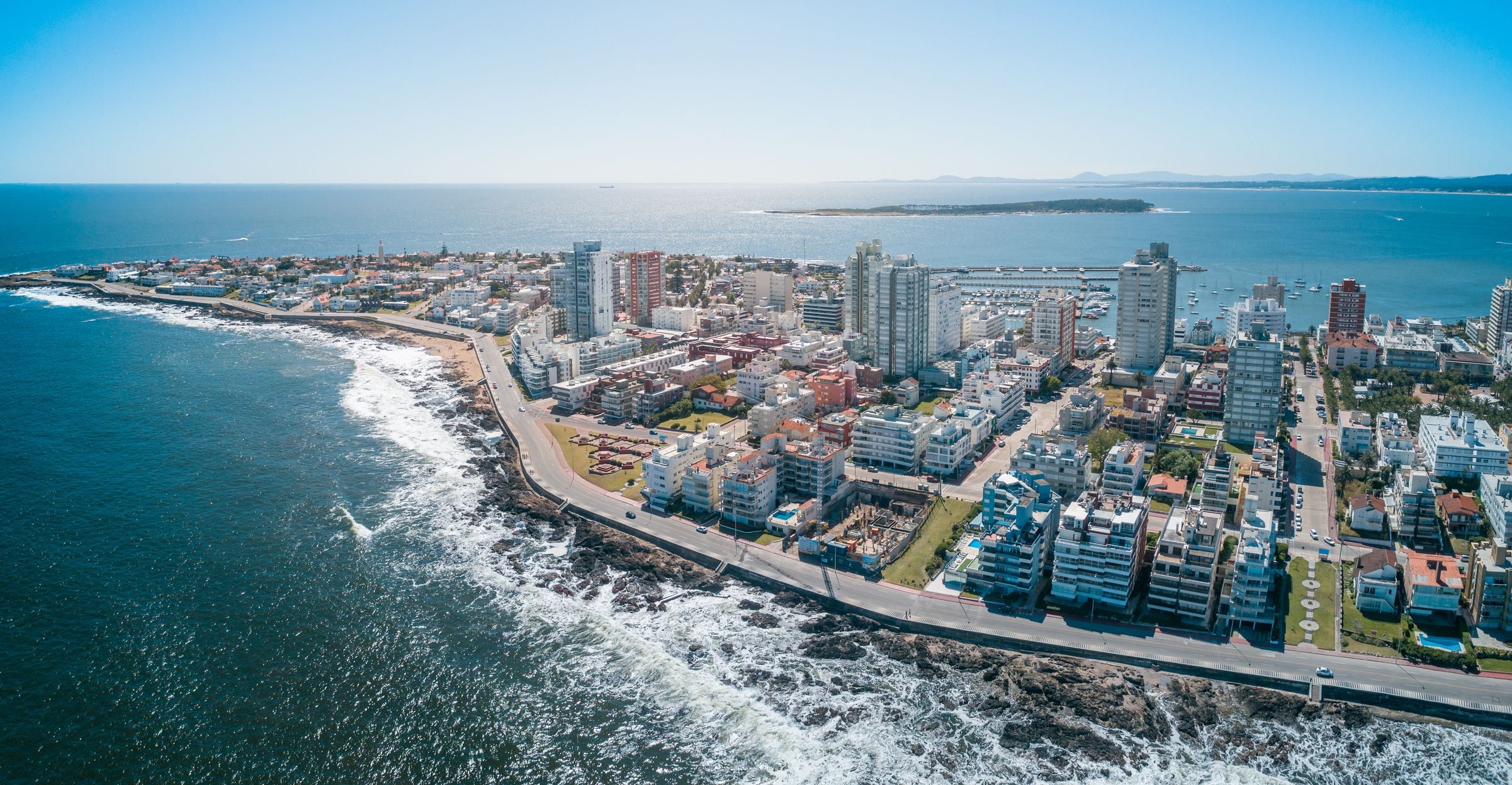:quality(85)/cloudfront-us-east-1.images.arcpublishing.com/infobae/QPU54VDX5REMXPRHNLU4VKRA2U.jpg 420w)
Between January 11, 2020 and February 28, 2022, 38,471 applications for residency in Uruguay were filed. Sixty percent of them came from Argentine applicants. Exactly, there were 23,119, during the last two years. Residency registrations for Uruguay increased, especially during the pandemic.
The National Director of Migration, Eduardo Mata, said that those who usually apply for residency in Uruguay, both temporary and permanent, are “above all, Argentines who see our country as a very beneficial place to settle,” Telemundo reported.
Uruguay, in that sense, has become an attractive country to live in because it maintains a series of migration policies that are friendly to newcomers and that make Uruguay a safe destination for immigrants.
In addition, there are other positive characteristics of the country such as legal certainty, economic stability, personal security (linked to violence) and the variety of its landscapes (from hills, to beaches or cities).
In 2020, when the coronavirus hit Uruguay and Argentina, there was great uncertainty in the neighboring country due to the mandatory quarantines imposed by the Alberto Fernández government. That year, 450 Argentines applied for temporary residence, and 6,818 for permanent residency.
In the first two months of 2020, 150 temporary and 1,541 permanent residences had already been requested by Argentines.
Uruguay opened its borders to foreigners only in November 2021. Prior to that, only Uruguayan citizens or foreign residents entered. In this context, 2021 ended for the country with a record number of applications for residency before the Ministry of Foreign Affairs.
Every Argentinean, or foreigner in general, who wanted to enter the country in the context of a health emergency had to apply for the permit beforehand. “We ask people to make applications five days earlier, otherwise it doesn't give us the time to evaluate it,” said National Director of Migration, Eduardo Mata Castro.
“You have to schedule electronically for the start of a residency, they do so at the Consulates before entering and they give them an agenda to start the procedure,” explained Mata Castro about how to process permits to stay in Uruguay when the borders for tourists were closed.

The situation even surprised the technicians of the Foreign Ministry, reported at that time the newspaper El País. In October 2020, for example, their most optimistic forecasts regarding the avalanche of residency requests from Argentines were exceeded.
In Uruguay, magazines with famous Argentines who have come to live in the country since the pandemic broke out, such as Susana Giménez, Valeria Lynch, Mónica Gonzaga, Ricardo Darín, Oscar González Oro, are already common. The same thing happens in a neighborhood in Punta del Este, called Manantiales, where locals say that the “Uruguayan Puerto Madero” is being born because most of the owners of this area of farms, closed neighborhoods and vineyards are Argentineans.
“For now, this immigration is a phenomenon to attend to: a great economic weight could be expected in the main areas where investments take place, although (this record number of residences) does not move the needle in the country's population march,” commented in 2021 the demographer Martín Koolhaas of the Population Program of the University of the Republic.
The difference between residences
Temporary residence is managed by any foreign citizen who decides to settle in Uruguay on a temporary basis. This term, “temporary”, is defined for a period of not less than 180 days and a maximum of 2 years (which may be extendable) depending on the reason for admission (study, work, sport, etc.).
Permanent residence, on the other hand, can be managed by those who are nationals of member states and associated with Mercosur, and those who have links with Uruguayans (parents, siblings, spouses and legally recognized concubines), before the Ministry of Foreign Affairs.
KEEP READING:
